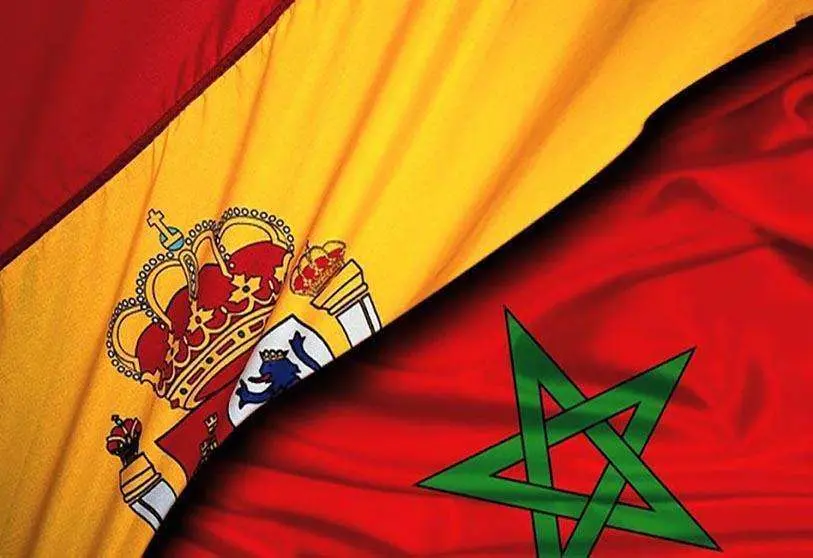Morocco and Spain: prioritising mutual interest

The historical disagreements between Morocco and Spain are well known: the issue of Ceuta and Melilla or the vision of a solution to the Sahara conflict. These issues arise from time to time, straining the environment and complicating the situation. It is urgent to overcome the dispute and avoid exposing mutual interests to serious dangers.
Too many stereotypes damage relations between Spain and Morocco. Yet they need each other, and their relationship is strategic for both. Moving beyond sensitive issues, the two countries are building strong political, economic, military, social and cultural ties. Cooperation and shared interests are the only way forward. And it is imperative to find formulas that benefit both societies on both sides of the Strait.
Morocco and Spain have overcome other tensions in the last 15 years. This has often been facilitated by the rapprochement between the business fabrics of both countries, which have shown signs of dynamism and effectiveness.
It is well known: economic cooperation is the prelude to political rapprochement, and the basis for sustained growth. The figures are clear: Spain is Morocco's largest trading partner, the second largest market outside the EU and the largest in Africa. Trade exchanges reached 16,000 million euros in 2019. 22,000 Spanish companies export to Morocco and more than 1,500 are present in multiple sectors. They are natural partners due to their proximity and complementarity.
Morocco-EU trade represents 60% of Morocco's foreign trade, Spain is Morocco's first client with 41.6% of the EU's total and Morocco's main supplier with 35.6% of the EU's total.
Expanding multilateral cooperation between the two countries in relation to Africa and Europe facilitates the implementation of projects of common interest, especially for the benefit of the African continent. Morocco and Spain could play an important role in their continents, which is why it is important to advance and promote a better Euro-African alliance.
The way forward is to build and strengthen the Rabat-Madrid axis to make the Mediterranean and Africa prosper, because geography obliges. Both countries face the same geopolitical, social and environmental risks. We must learn to develop projects together: new economy, renewable energies, the railway tunnel under the Strait of Gibraltar, among others, which could be a formidable catalyst for a bilateral agreement.
Despite the well-known frictions, it is possible to reach consensus. It should not be forgotten that almost all Moroccan society and political parties consider Western Sahara to be part of their territorial unity. The historical legacy and sensitivity to the Saharawi cause in some political spheres and civil society in Spain is also well known.
Fourteen years have passed since Morocco presented its "Autonomy Plan for Western Sahara" to the UN Security Council. This proposal could be a basis to begin to find a solution within the UN framework. Spain has to propose spaces that help to bring positions closer together.
Because this conflict has had an impact on the process of building the Arab Maghreb Union, at a critical moment that requires joining forces, repairing the cracks and seeking ways forward for all the peoples of the Maghreb. In this process, Algeria and Morocco, which are the main players, must seek solutions to the conflict in the Sahara, promote stability in the region and neutralise the danger posed by the Jihadist organisations that are gaining ground in the Sahel.
Spain and Morocco can aspire to build a relationship similar to the one with France and Portugal, or with the United Kingdom. Human, tourism, trade and cultural relations outweigh thorny issues.
Spain cannot lose a strategic partner like Morocco, nor can Morocco lose Spain. There is an urgent need to rebuild the trust that is vital to enable the reconstruction of sustainable future-oriented solutions. Boosting cooperation is an antidote to eliminate potential destabilising factors and building bridges across the 14 kilometres of strait that separate them, to protect them from unforeseen waves.

